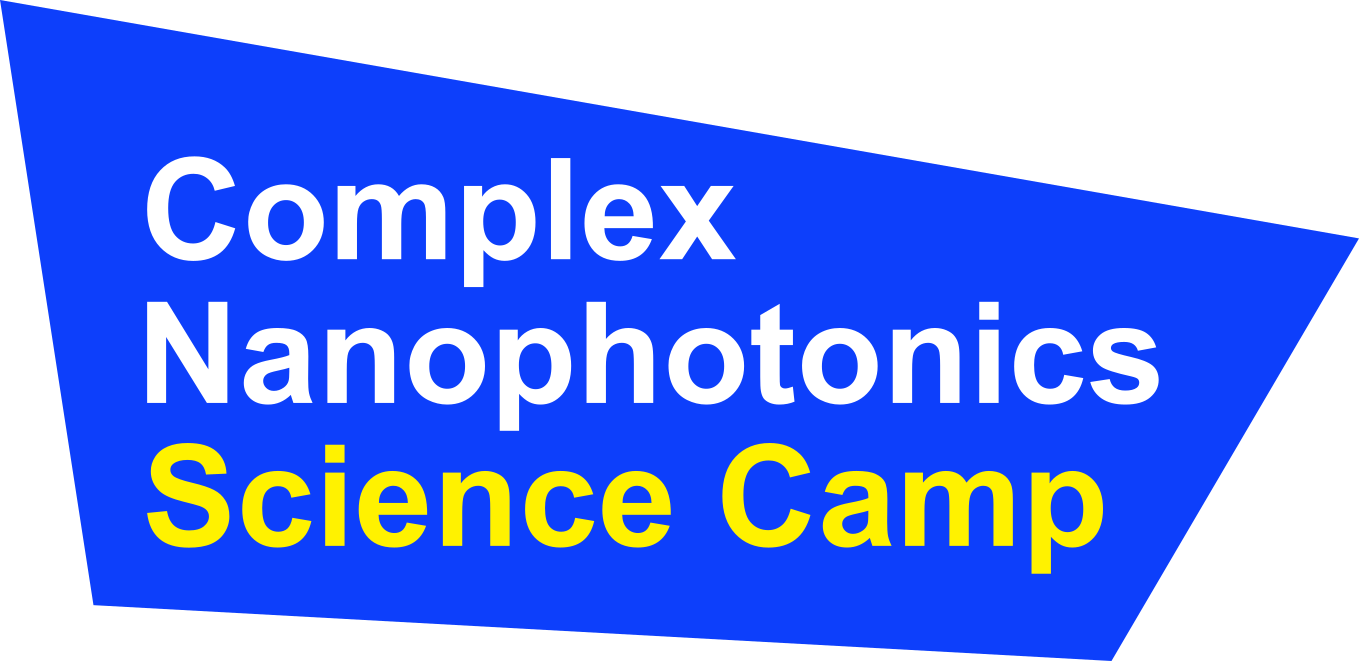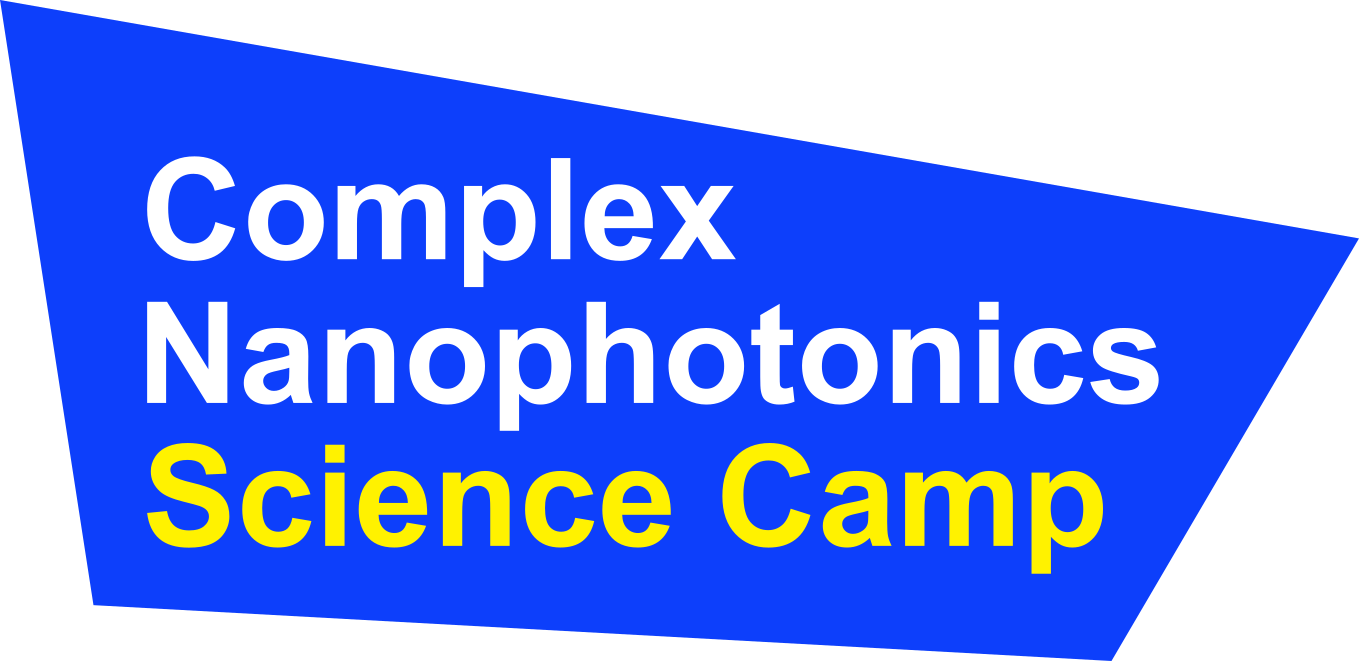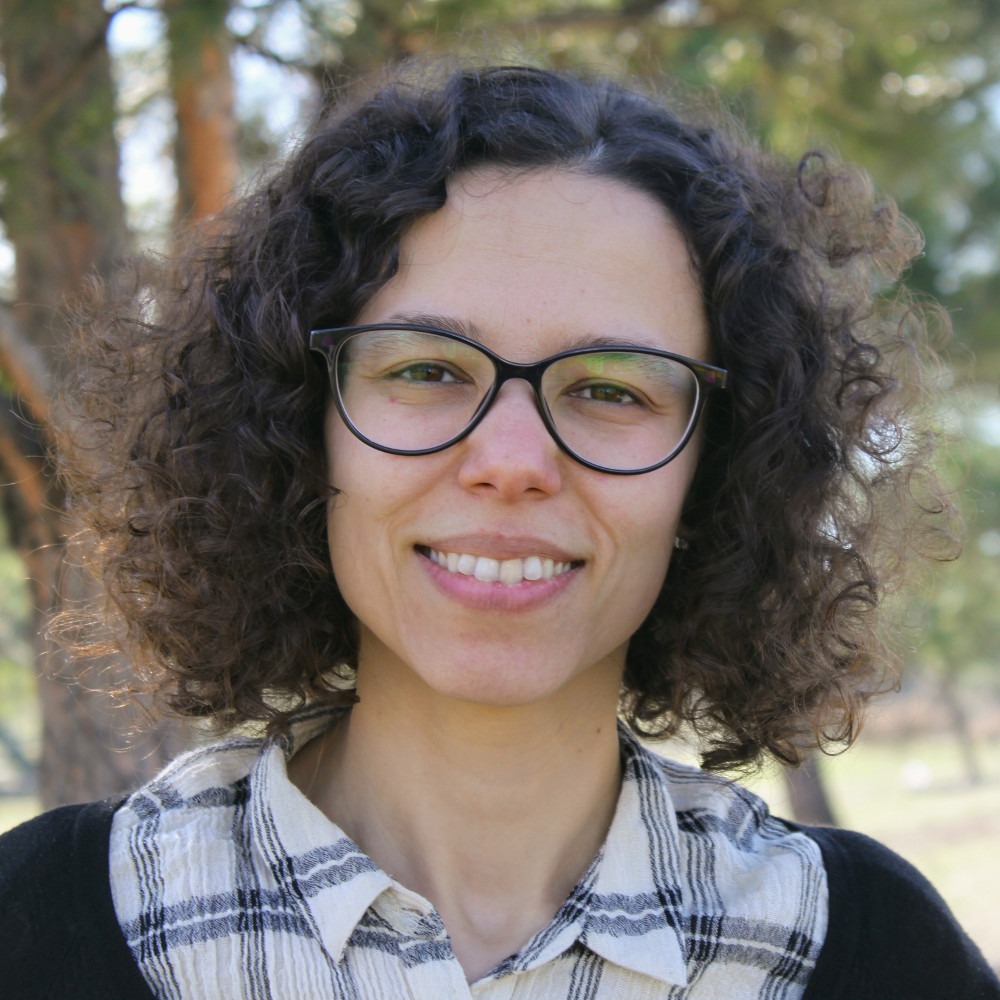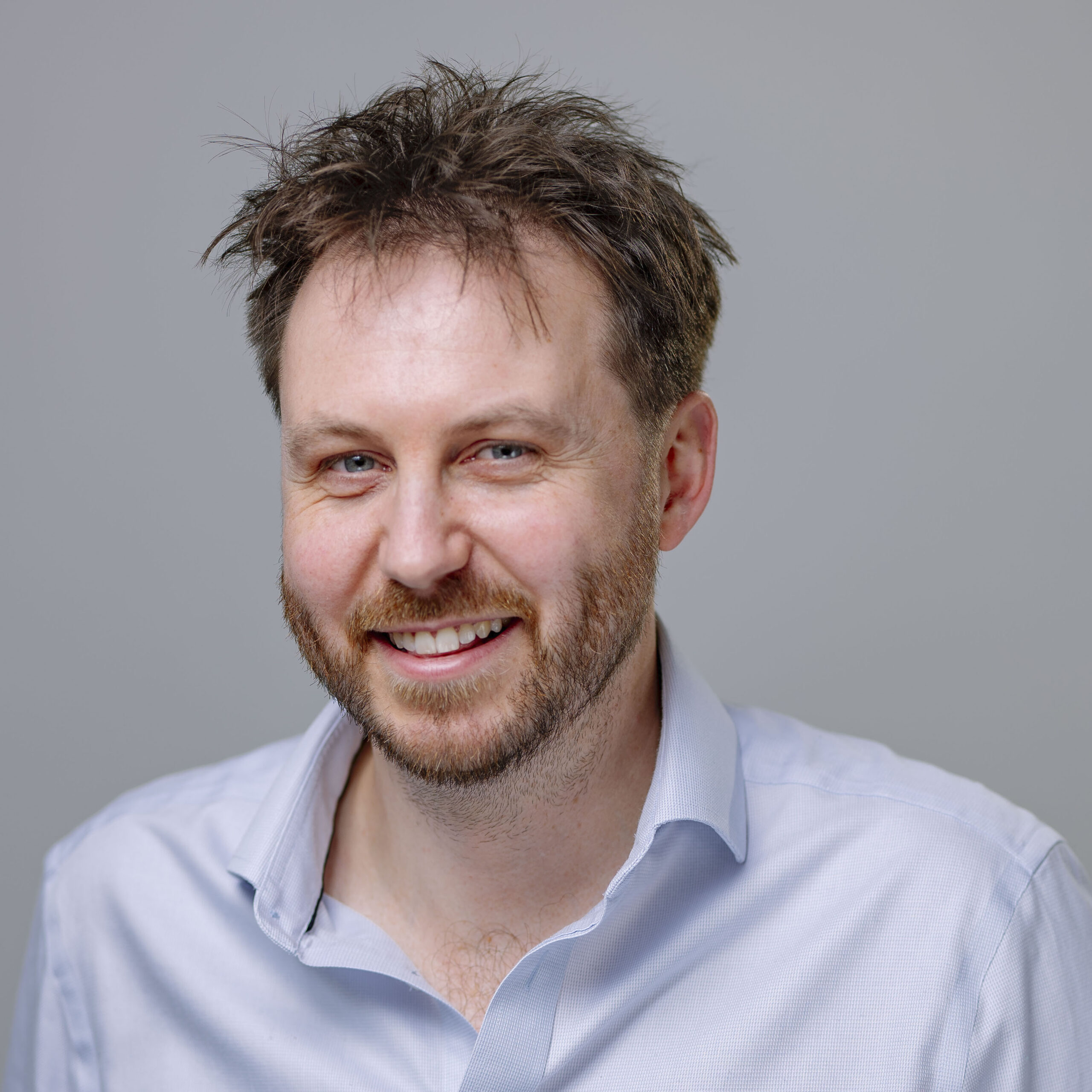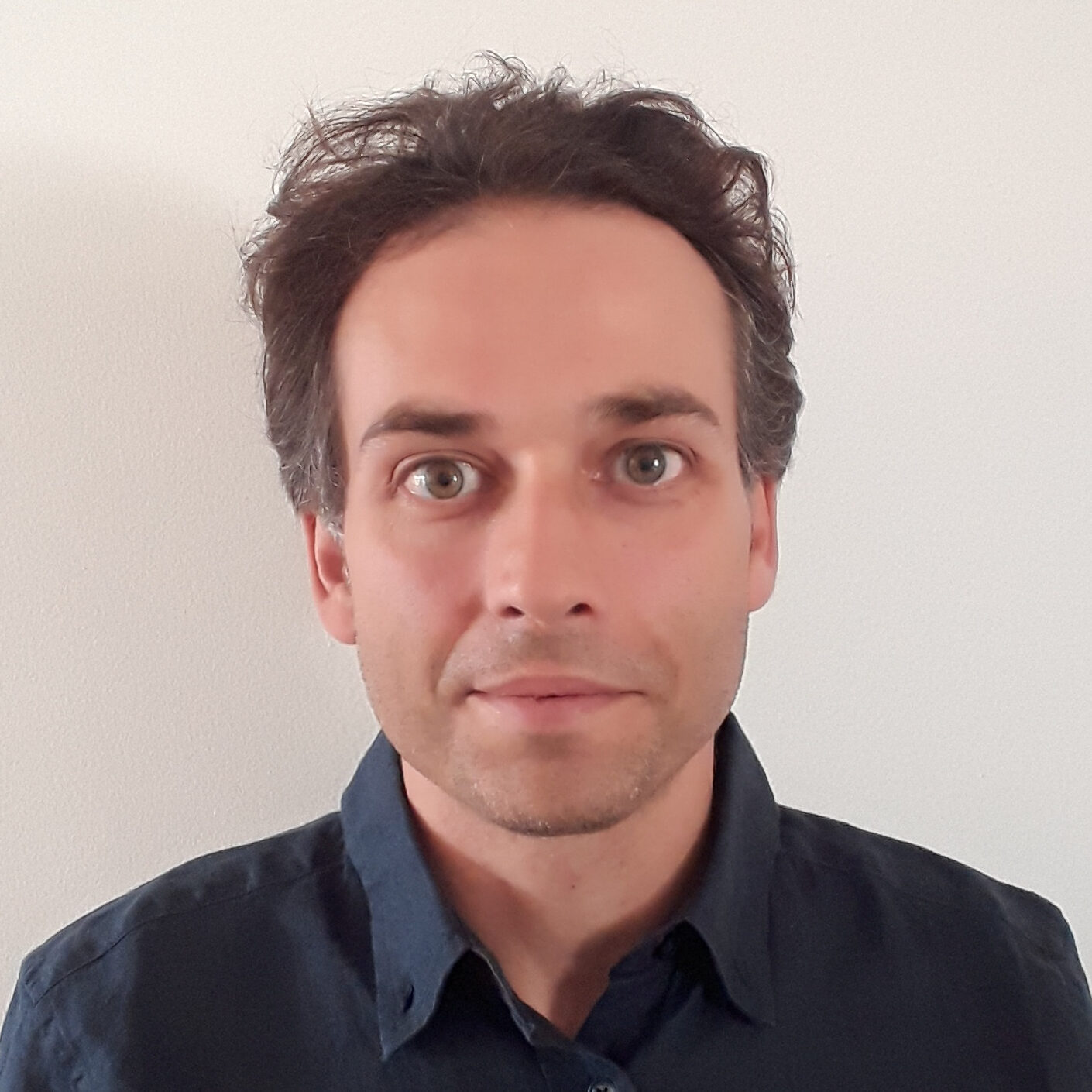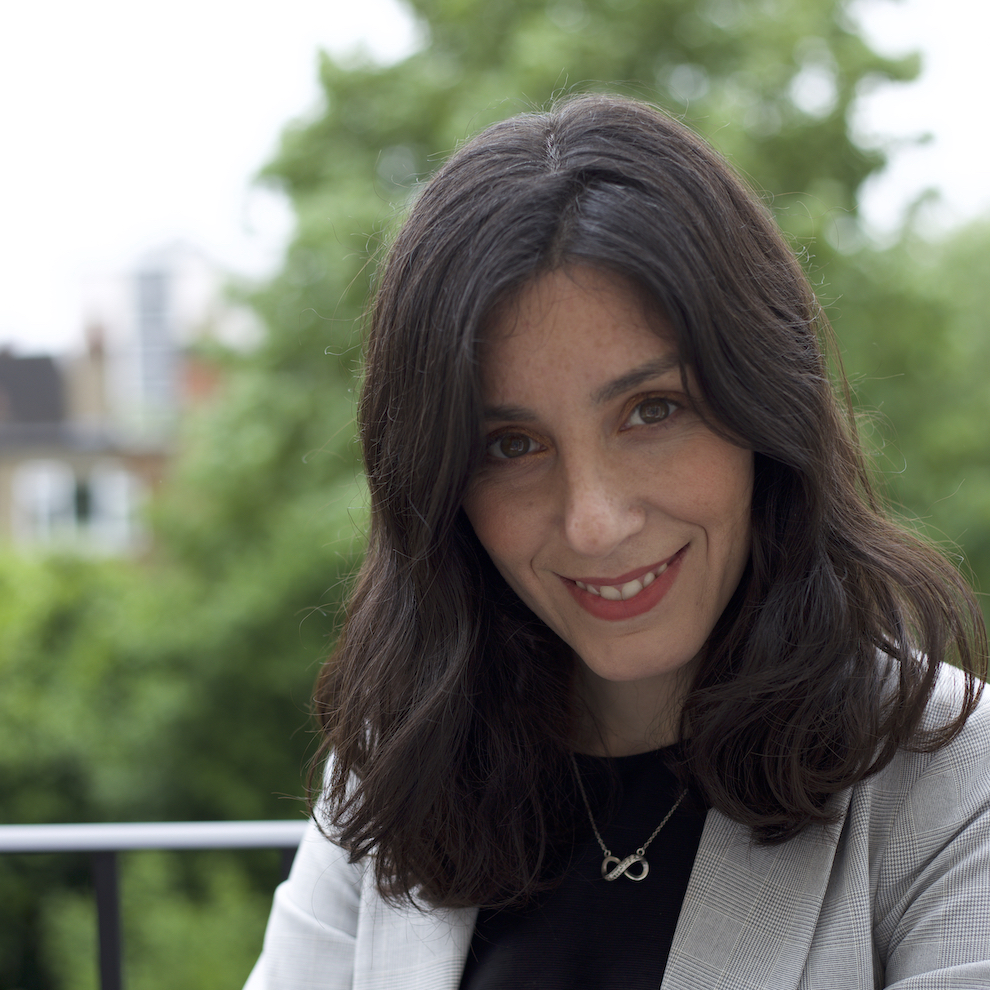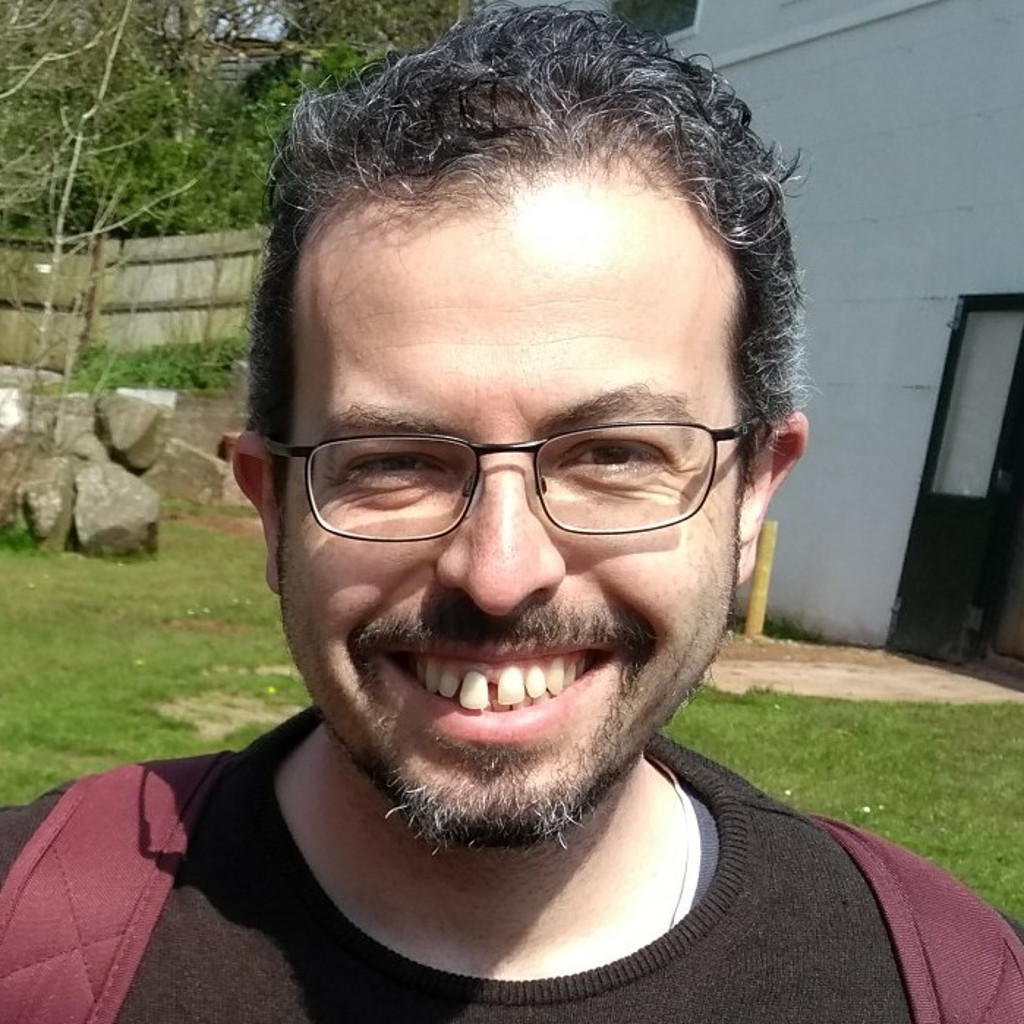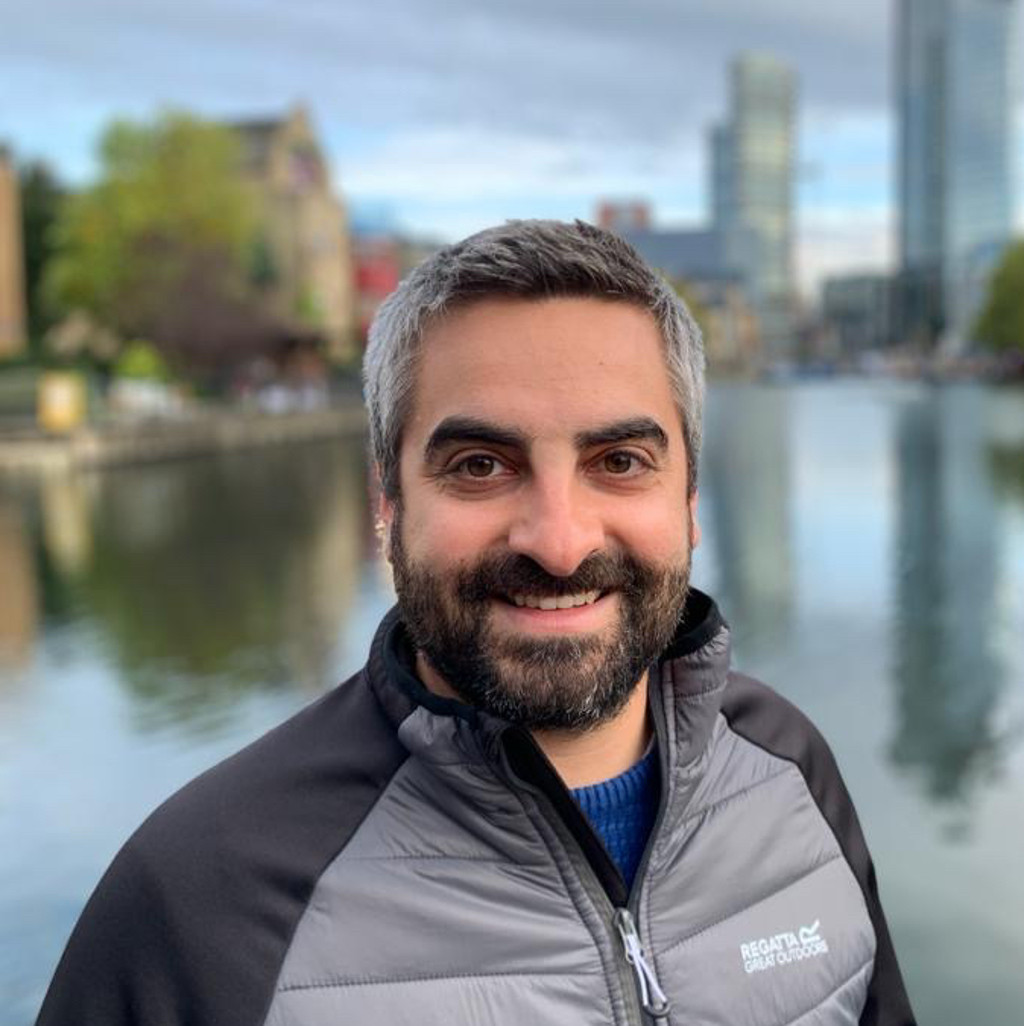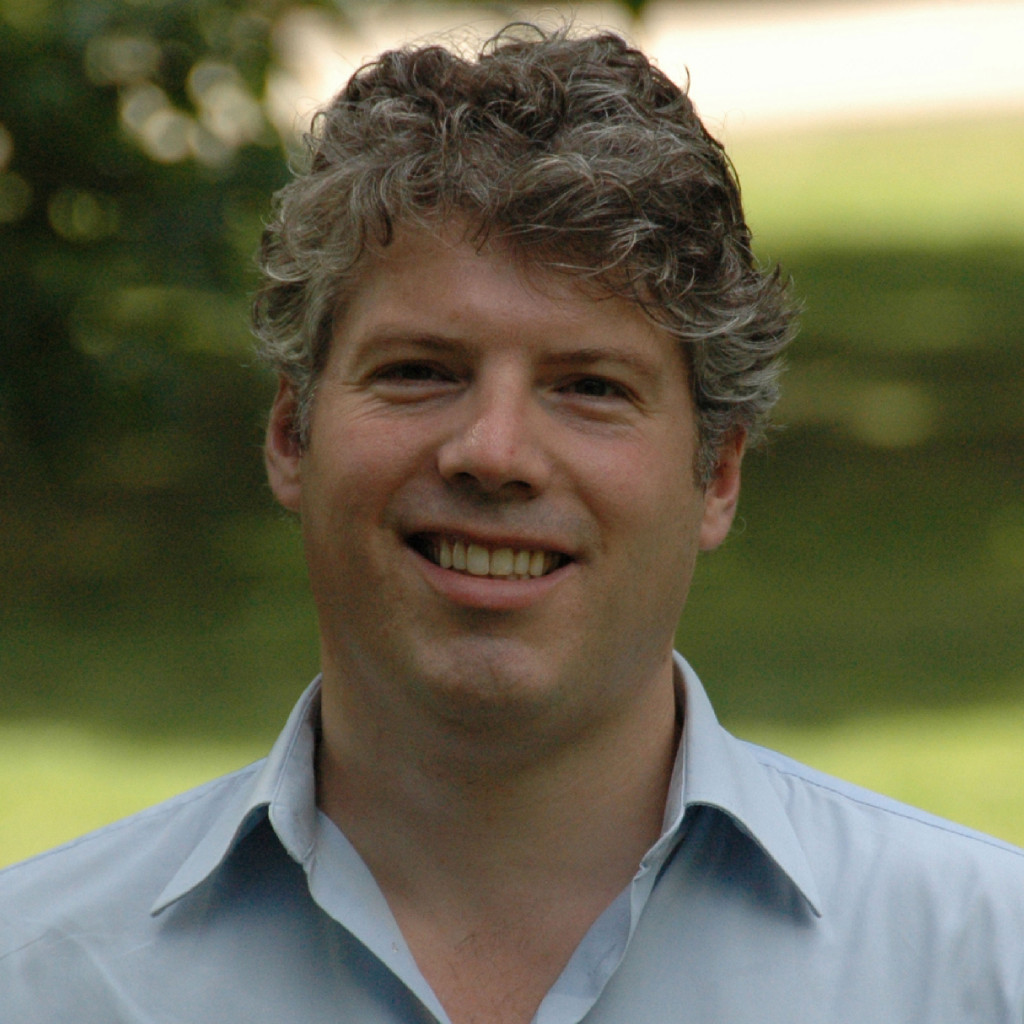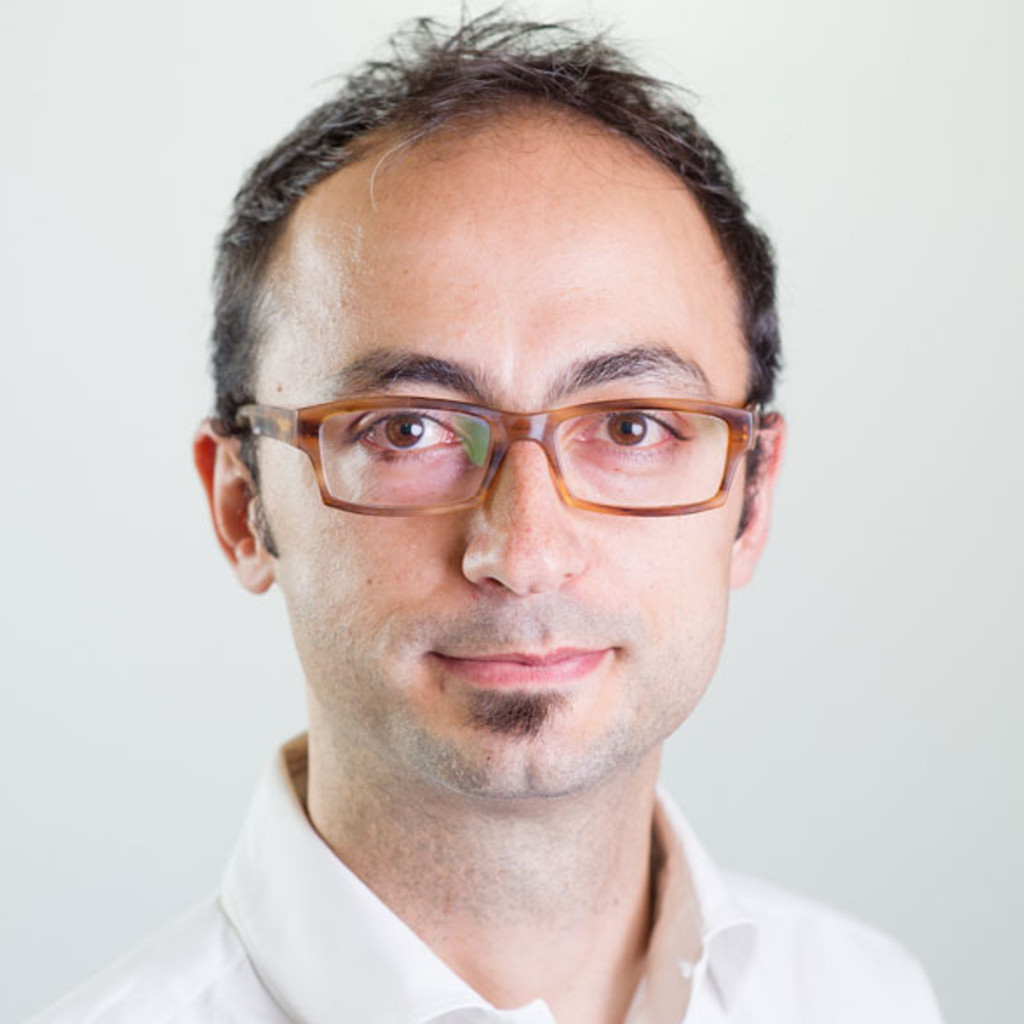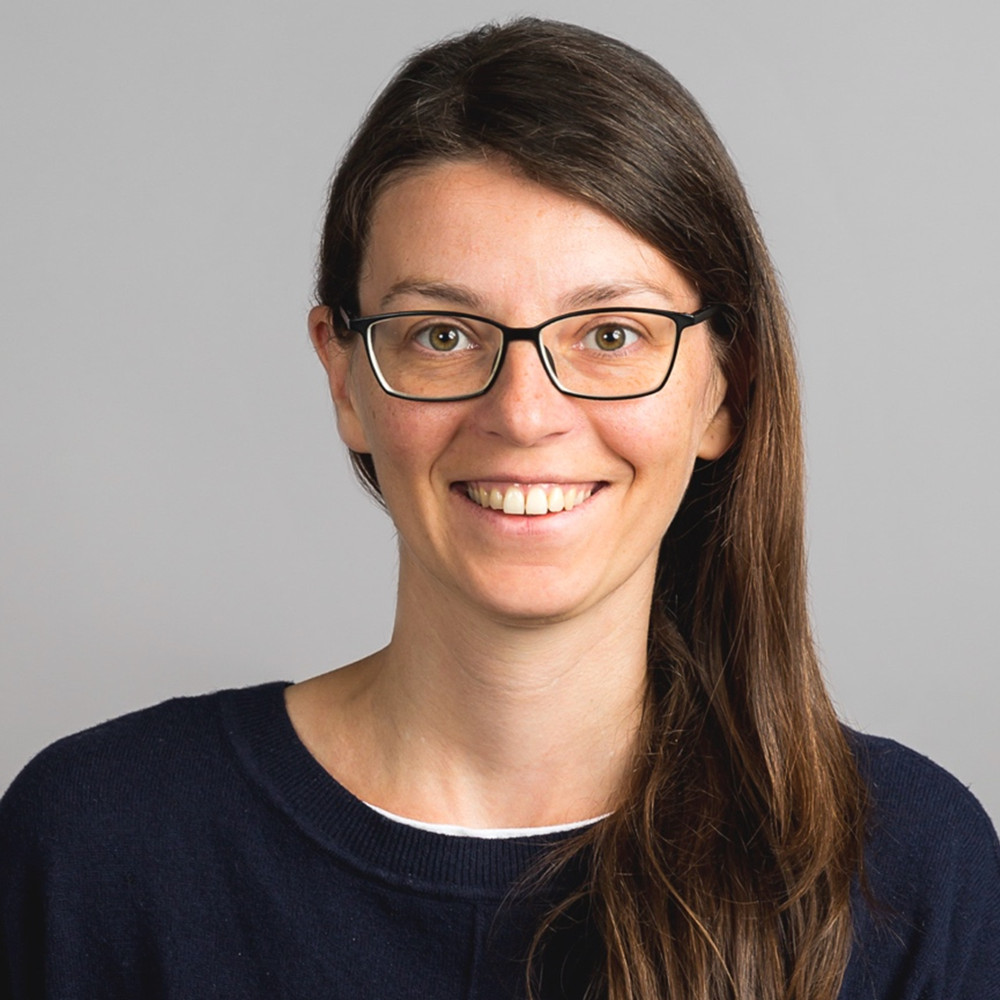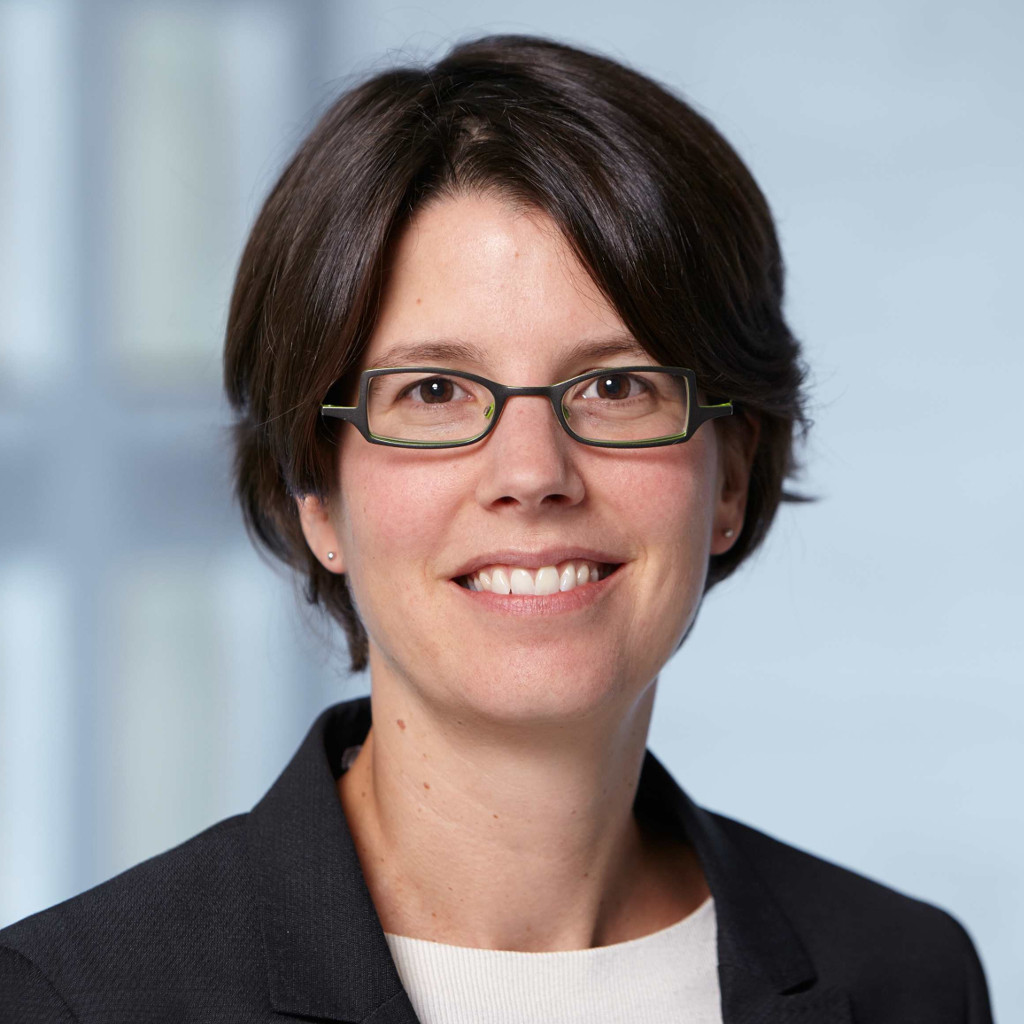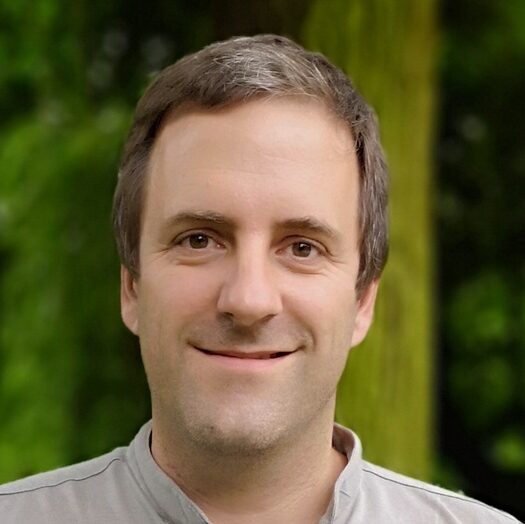Scope
In the past years the number of fields influenced by photonics and nanophotonics increased steadily. And the boundaries between what is considered to be nanophotonics and what is not became more and more fuzzy and difficult to define. Nowadays disciplines like biophotonics, plasmonics, bio-sensing, optical imaging, quantum nanophotonics etc. are deeply interconnected with each other. And the tendency is to go in the direction of increasing the interdisciplinarity of research.
In this novel landscape a new generation of scientists is now emerging, carrying the necessity to rethink the traditional conference format, which are often showcases of career-long investigators. The Complex Nanophotonics Science Camp is meant to break with the conventional schemes to engage the creativity of early-stage scientists and create new scientific connections, fostering critical thinking.

A camp for young minds
The main target of this Science Camp are junior scientists, post-docs and PhD students. By giving them space to discuss and present their own work and ideas, we hope to stimulate lively interactions and critical thinking.

Poster sessions
Poster session are too often the foster children of conferences, neglected and overlooked. We think that a poster session is a magnificent occasion to discuss that must be exploited. Everyone will be given the opportunity to make a 60 seconds pitch to attract people to his/her poster.

Evening debates
Early-career researchers are more and more asked to apply for funding, communicate on their results beyond their own scientific community, and deploy their research into industry. To learn and exchange viewpoints on such topics, open debates animated by experienced researchers, science editors, etc, will be organized each evening of the Science Camp.

Plenary sessions
Having a conference aimed at young researchers does not mean to refuse any contact with the seniors. On the contrary, we believe that discussing with more experienced scientists can be extremely useful. Therefore, we secured a small number of extremely high profile keynote speakers to interact with the junior scientists.
